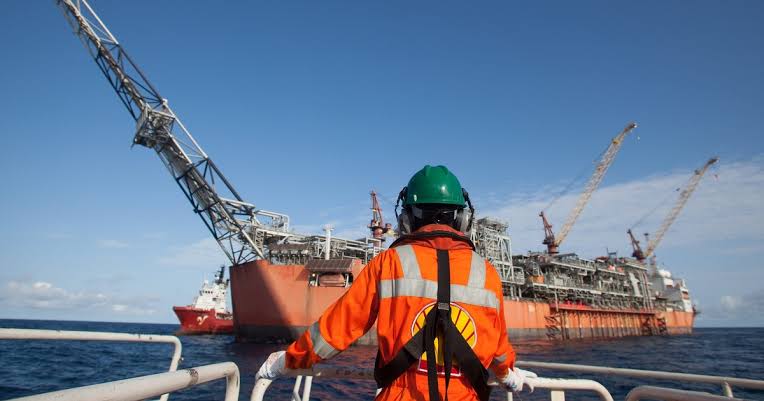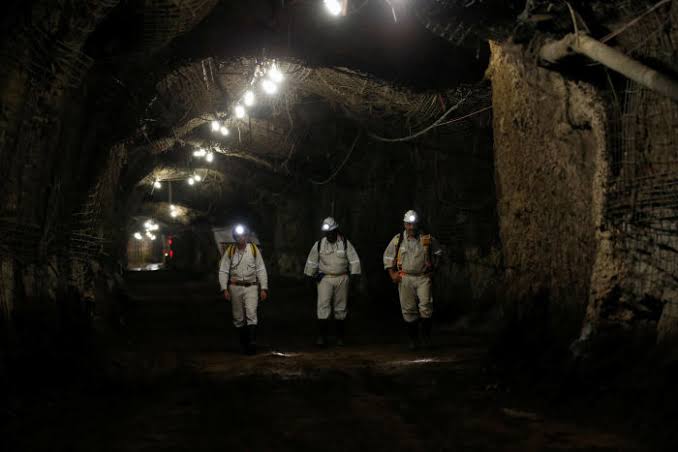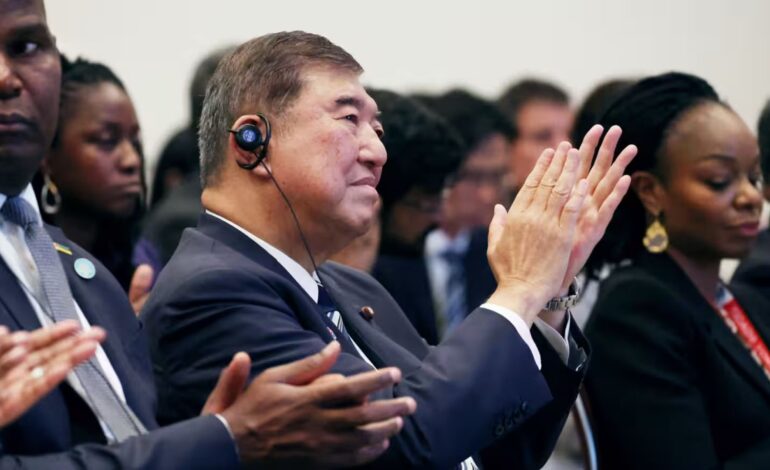
Faith Nyasuguta
At the Ninth Tokyo International Conference on African Development (TICAD 9) in Yokohama, Japan unveiled a sweeping strategy to strengthen its ties with Africa and position itself as a vital development partner. Prime Minister Shigeru Ishiba introduced a bold vision for an Indian Ocean-Africa economic zone, designed to link African economies more closely with India and the Middle East.
The idea is to create a vast corridor of trade and investment, stretching across continents, and enabling African nations to integrate more fully into global supply chains.
The centerpiece of Japan’s announcement is a $5.5 billion loan package, arranged through the African Development Bank. These funds will support sustainable development across the continent, financing projects in infrastructure, renewable energy, and industrialization. Crucially, the loans also aim to ease Africa’s mounting debt burdens, which have become one of the biggest obstacles to long-term growth.
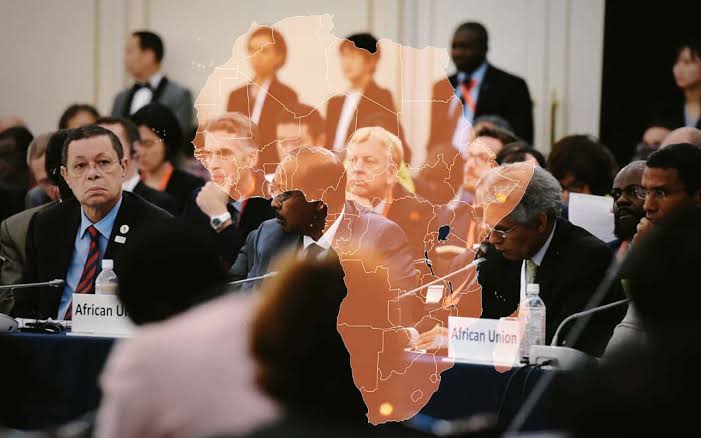
By working through the African Development Bank, Tokyo signaled that it wants its financial assistance to be both transparent and supportive of Africa’s own development priorities.
Equally significant was Japan’s commitment to people-focused investment. The government announced plans to train 30,000 artificial intelligence (AI) experts over the next three years. This initiative reflects a recognition that Africa’s youthful population can become a powerful force in the global digital economy if equipped with the right skills. From agriculture to healthcare and financial services, AI has the potential to revolutionize African industries, and Japan hopes its training program will help drive job creation, innovation, and competitiveness across the continent.
The conference was attended by leaders and officials from nearly 50 African countries, along with representatives of global organizations. Discussions spanned the economy, health, education, peace, and climate change, reflecting Africa’s interconnected challenges. The summit will conclude with a Yokohama Declaration, which is expected to outline concrete steps for collaboration between Africa and Japan.
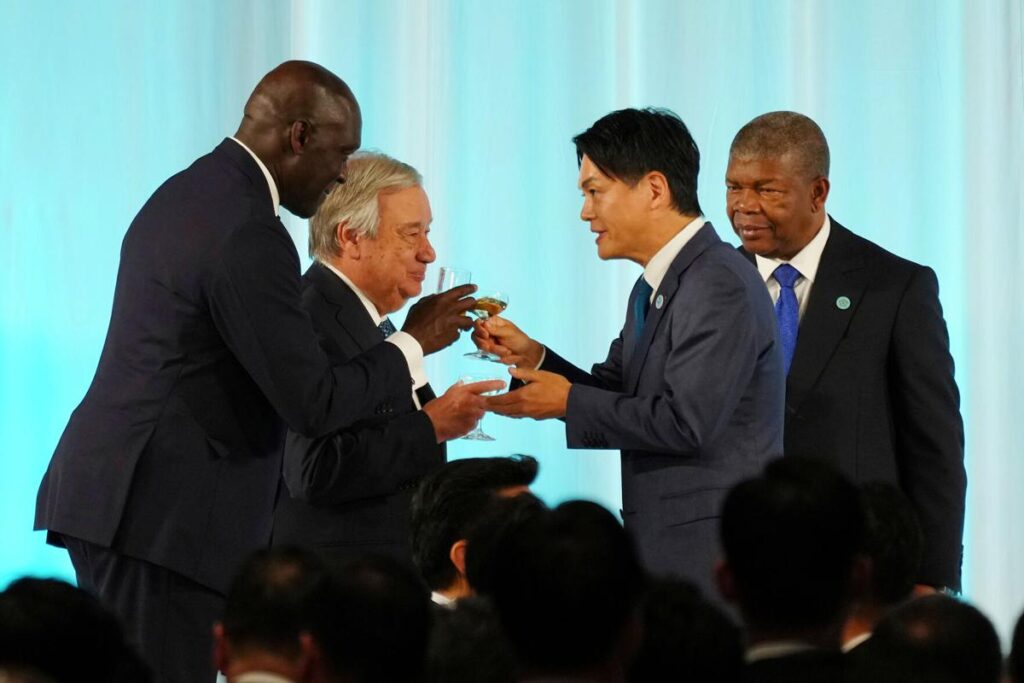
The global significance of the moment was underlined by United Nations Secretary-General Antonio Guterres, who used his address to call for long overdue international reforms. He argued that Africa must have a stronger voice in shaping decisions that affect its future, pointing specifically to the U.N. Security Council, where Africa still lacks a permanent seat. Guterres also criticized the current international financial architecture as “unjust and unfair,” urging reforms that would give Africa greater representation and influence in global economic governance.
From Africa’s side, Angolan President and African Union Chair Joao Lourenco spoke candidly about the barriers African nations face. He noted that many countries are routinely branded as high-risk borrowers, a label that effectively excludes them from accessing affordable capital. Without such financing, he warned, African nations struggle to invest in critical sectors such as electrification, infrastructure, and industrial development – sectors that are essential for the continent’s long-term growth and prosperity.
Japan’s renewed engagement with Africa comes against the backdrop of shifting global competition. China has poured billions into African infrastructure and trade, cementing its influence. Meanwhile, U.S. engagement on the continent has been perceived as inconsistent. Against this landscape, Japan is seeking to distinguish itself as a reliable, transparent, and innovative partner. Its approach – balancing financial support with technology-driven training – sets it apart from purely infrastructure-focused models of engagement.
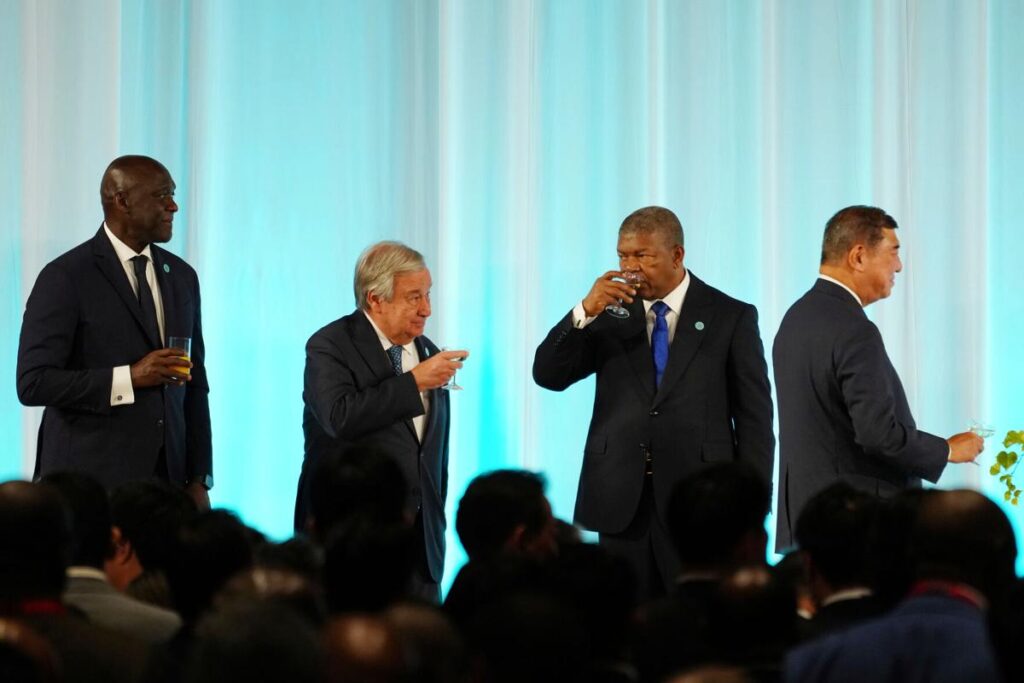
Ultimately, Japan’s TICAD 9 commitments reflect three pillars: the creation of a dynamic Indian Ocean – Africa trade zone, the provision of billions in sustainable development financing, and the training of tens of thousands of young Africans in cutting-edge AI skills. By combining investment with innovation, Tokyo hopes to lay the groundwork for a partnership that not only accelerates Africa’s growth but also reshapes the global balance of economic cooperation.
RELATED:






